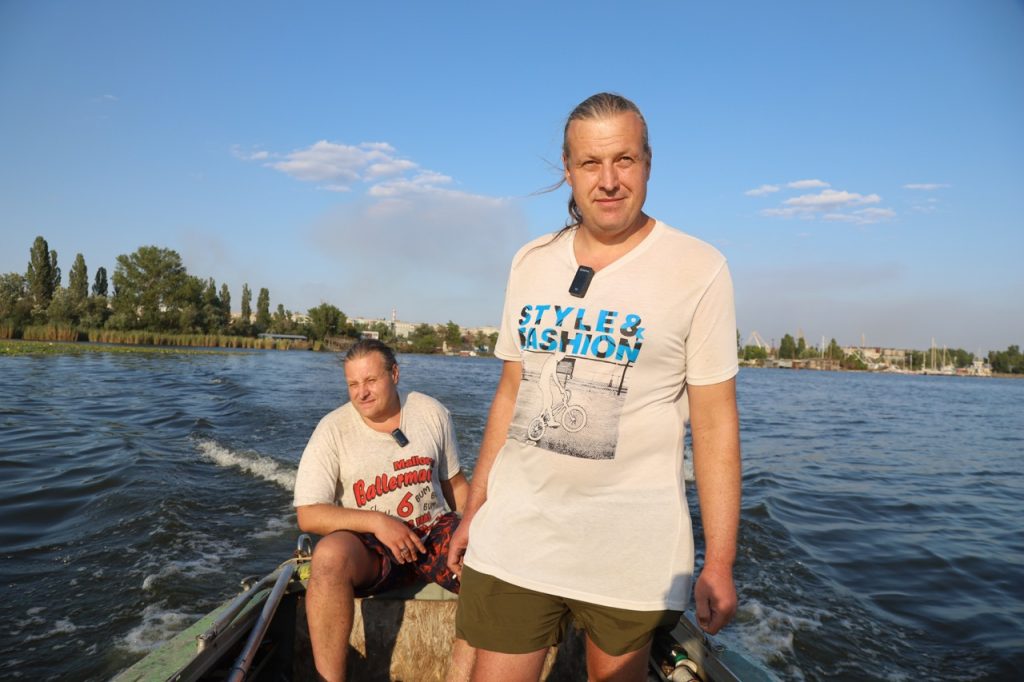Currently it`s nearly impossible to go out on the river in Kherson by boat. The military forbade even the few boat owners left after the looting of the Russians and the blowing up of the Kakhovka HPP to do this.
But the MIST correspondent managed to see his native Kherson marshes after an almost two-year break.
“There are strict military personnel standing at the checkpoint – they will not let you to the pier. So let’s meet in another place,” mysteriously tells me Borys Knyazhynskyi on the phone.
Not even all natives know this place. Yuriy Knyazhynskyi waves his hand from the thickets of quinoa and reeds. You realize that it is Yuriy only when getting closer, because Boris and Yuriy are twin brothers. Both are well-known characters of the underground party of the nineties and zero, nicknamed Franky or Crabs, as they were called in the play “F**kheads” by Yevhen Markovskyi, who has now fled to Russia.
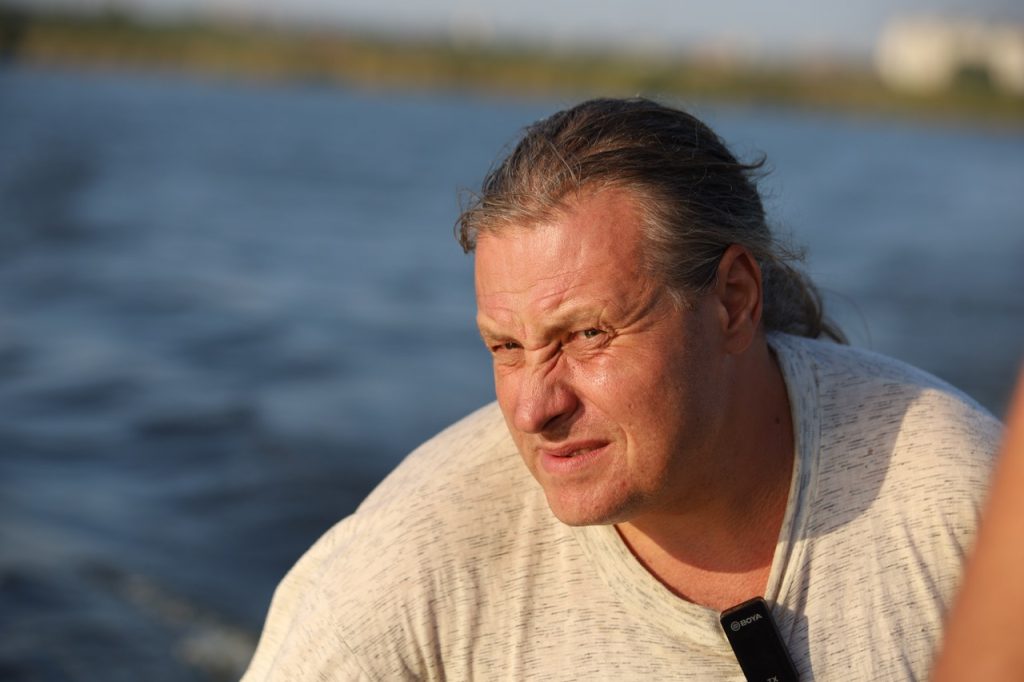
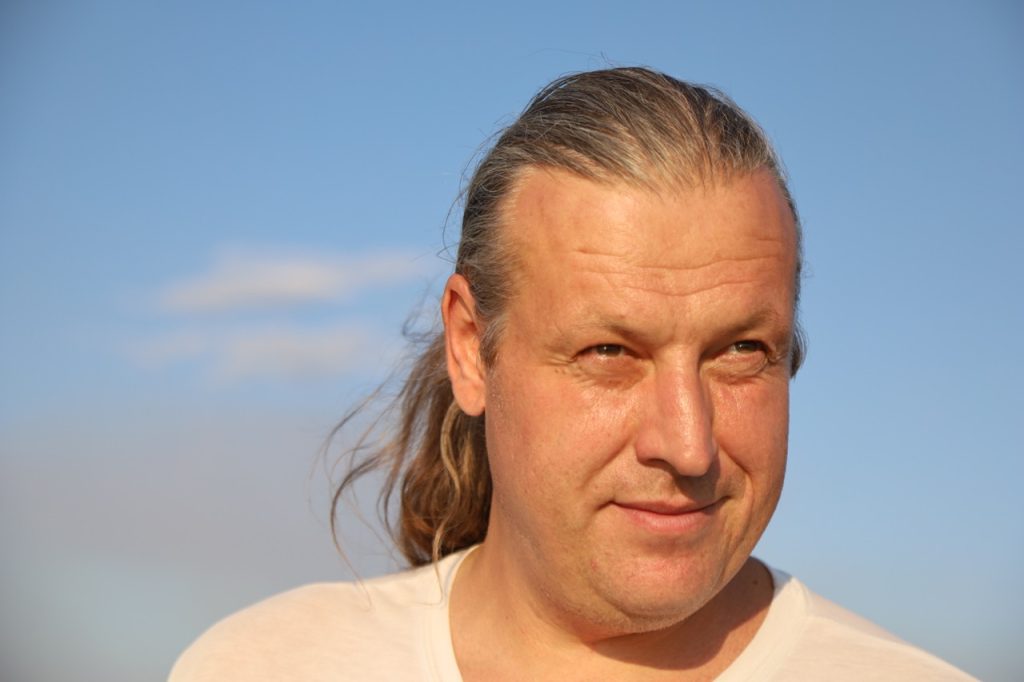
We make our way through these thickets along a barely noticeable path to the Viryovchyna River that is a tributary of the Koshova River, which, in turn, is a tributary of the Dnipro.
“We won’t make it along the Dnipro – too risky,” Yuriy explains as we make our way through the thickets. They swam to their country house and know from their own experience that Russians shell literally everything that moves there.
Throughout the occupation of Kherson, the Knyazhynsky brothers used this path from the river to the Shumenskyi microdistrict of Kherson, where they lived, as there was an opportunity to bypass the Russian checkpoint through the park Kazenny Sad and the regional lyceum, where the occupiers lived.
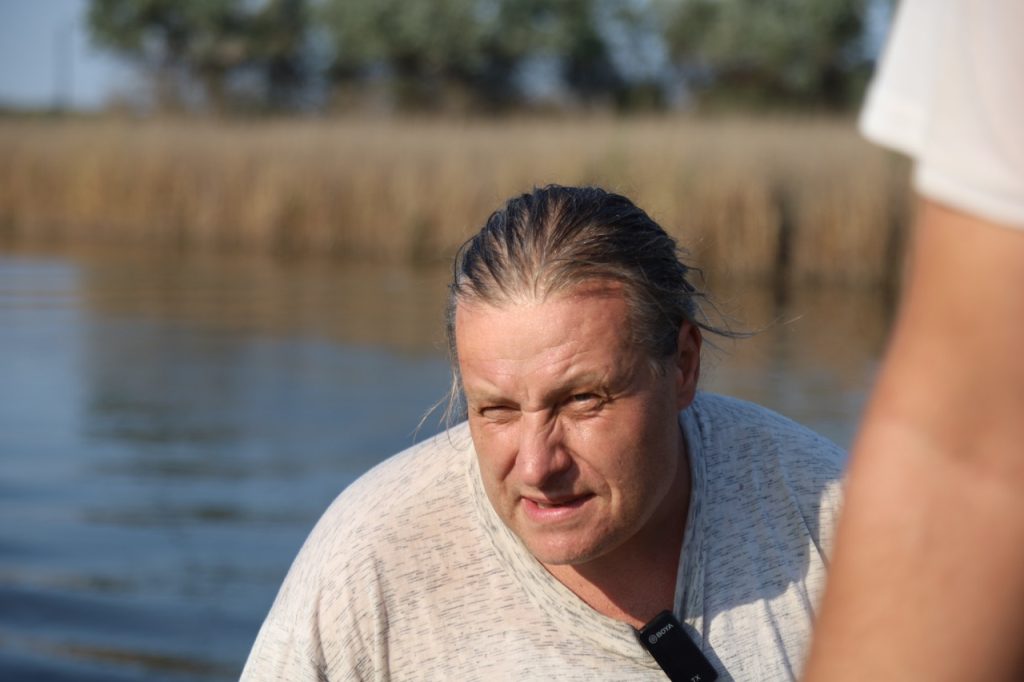
“I met a full-scale invasion in the country house. My brother called and told me what had happened, so my wife and I came to Kherson, took my brother and returned to the country. They decided to stay there, and they were not mistaken,” says Boris.
On the evening of March 1, 2022, the day the Russian army entered Kherson, the military came to their apartment on Shumenskyi microdistrict.
“Mom calls and says – four broke in – they kicked down the door. In helmets with the words “FSB”. Their first question was “Where are they?”, the brothers say.
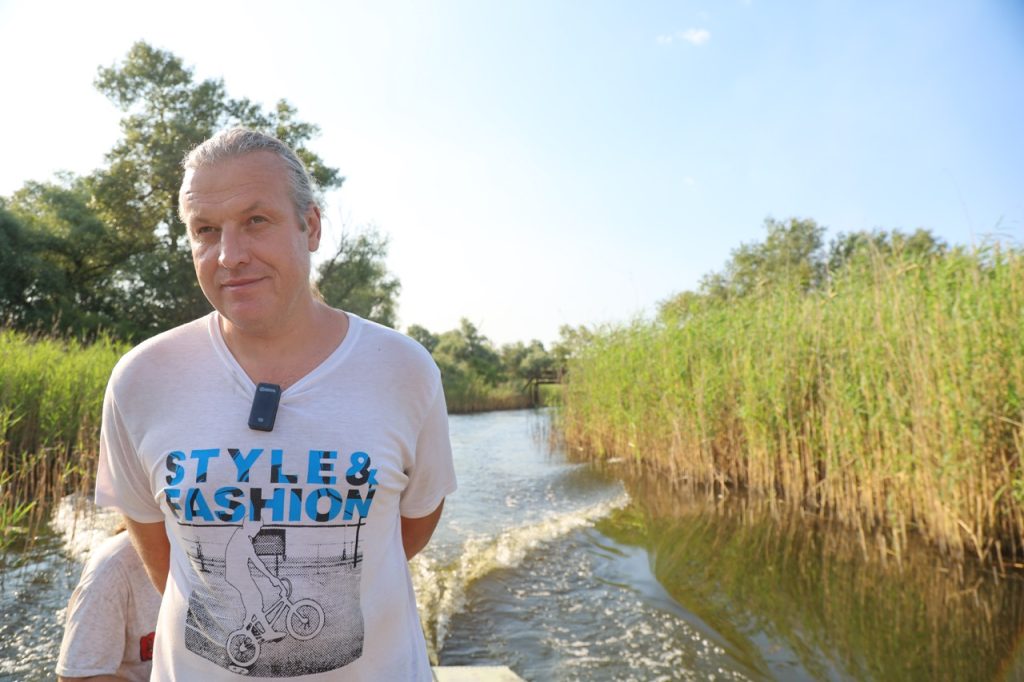
Russians took all computers and laptops from the Knyazhynsky residence, having rummaged through all the closets previously. They promised to give everything back, but so far they have not fulfilled the promise.
The brothers attribute this to the fact that they are the official registrars of domain names, and in the early days FSB officers came to nearly everyone who had something to do with the communication.
Once the brothers were also members of the Pora party and participated in both Ukrainian revolutions. Therefore, it is assumed that they could be on some “political lists”.
The mother told the Russians that the brothers left for Poland a long time ago, and that was the end of their raid.
From that moment, the brothers decided to live in their country house, located on one of the islands on the Dnipro. They saw the Russians, but they did not come to their country house with raids.
Mobile internet and fishing saved the day, the brothers managed to work and had something to eat. Sometimes they went to the city to withdraw money and buy food.
After the liberation of Kherson, they returned to the city and until June 6, 2023, lived like all other Kherson residents – under fire, but in freedom.
On the day Russians blew the Kakhovka HPP, they managed to take the boat from the pier and started helping people.
They took people and animals out of the flooded country houses. From that moment the brothers became volunteers.
Yuriy and Boris took nine elderly people out of the Korabel microdistrict. Rescued cats and dogs were not even counted. They also went out on the water during shelling.
“It happened that the Russians threw grenades at us. Somehow a drone with six propellers hovered over us and threw grenades at us. We started zigzagging around and somehow managed to survive,” they recall.
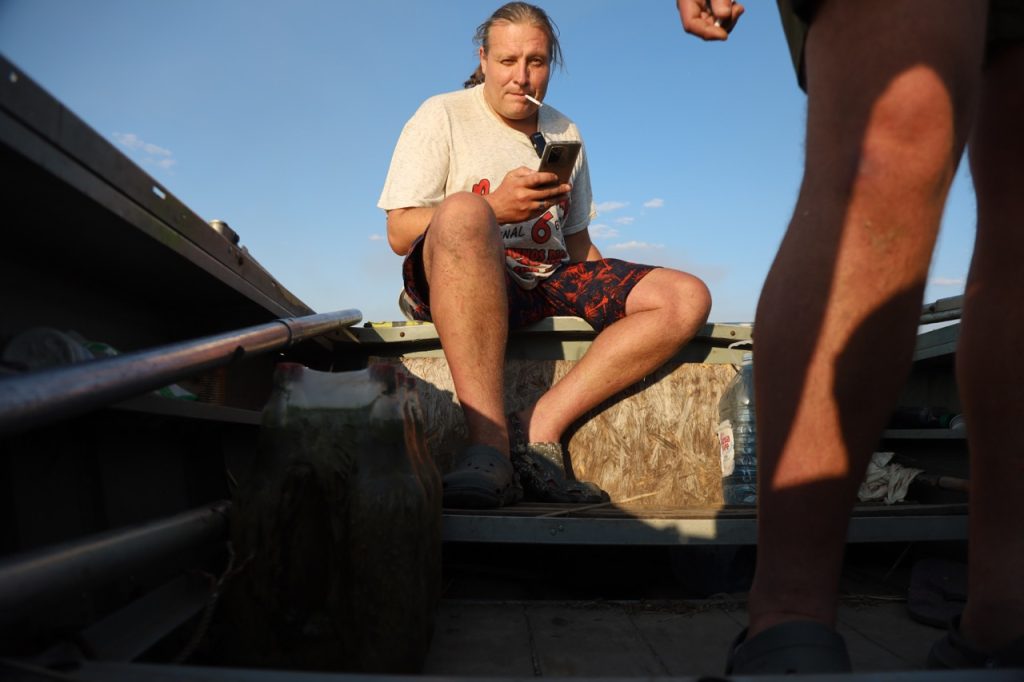
While talking, we are swimming around the cottages. All of them were flooded, the water in Viryovchyna rose very high and even flooded part of the streets of Chornobayivka village.
Some of the houses here are destroyed, some are gutted, but they are still standing. The current here was not as fast as on the Dnipro and Koshova, so there are almost no deposits of soil and sand. Still there is a lot of garbage.
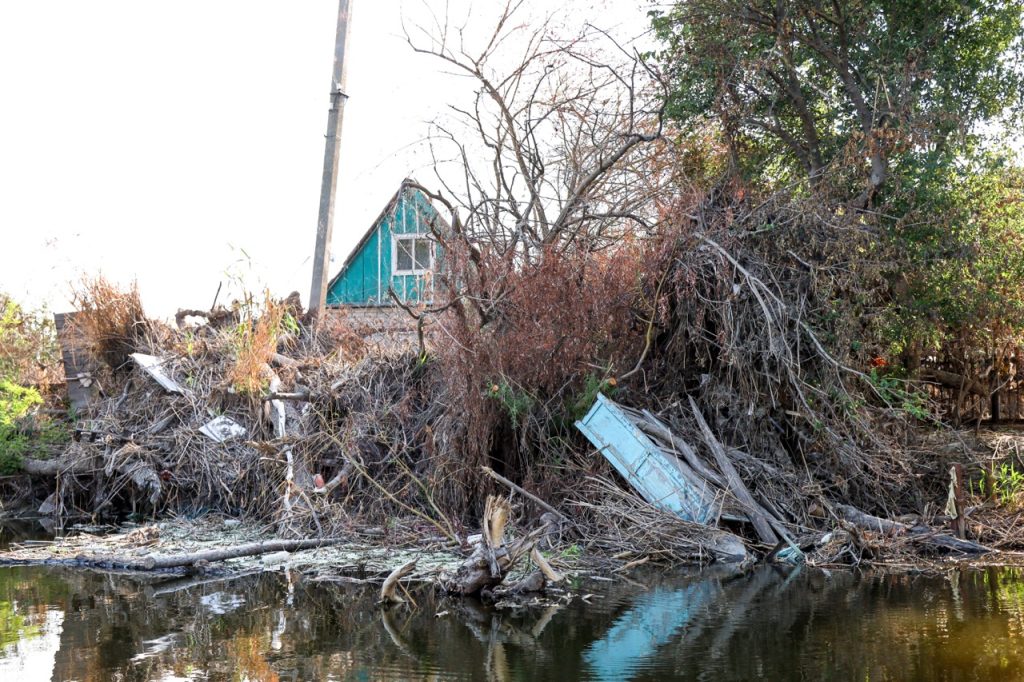
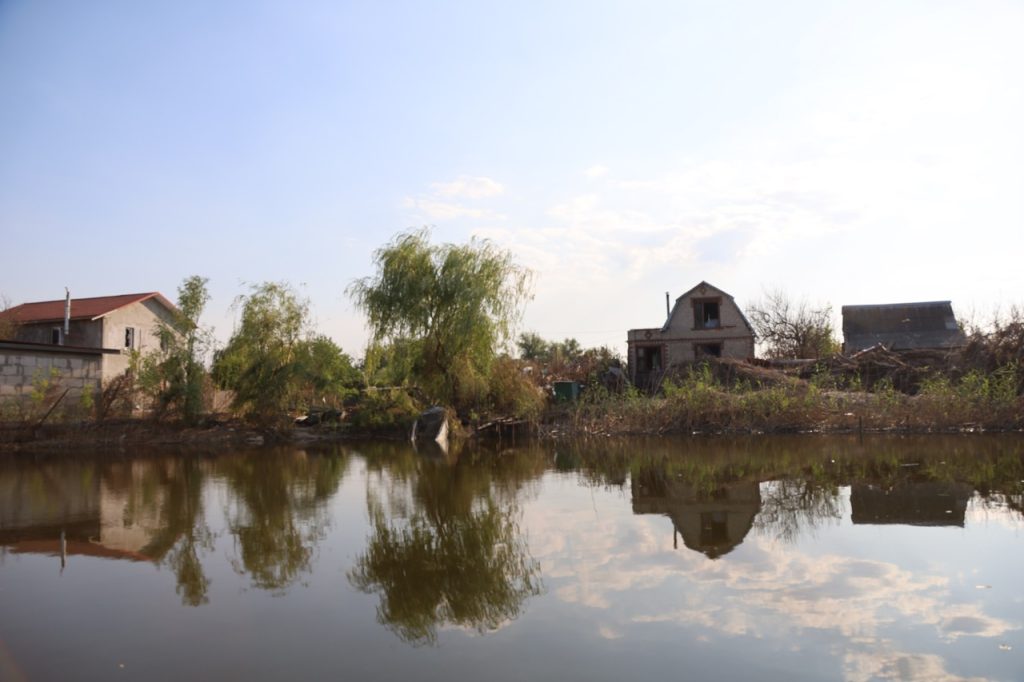
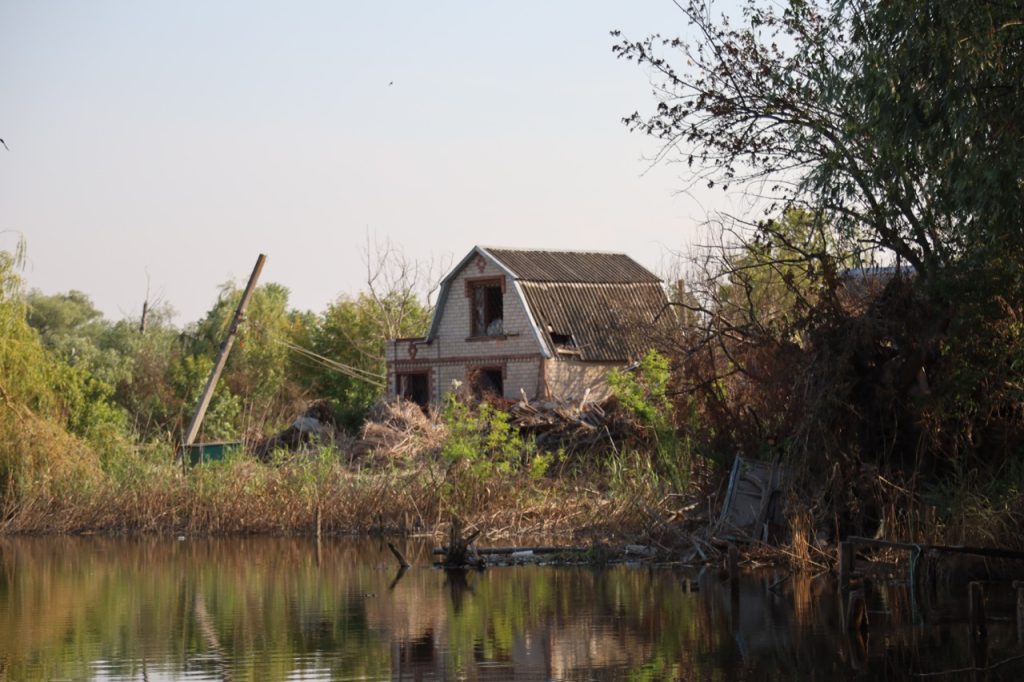
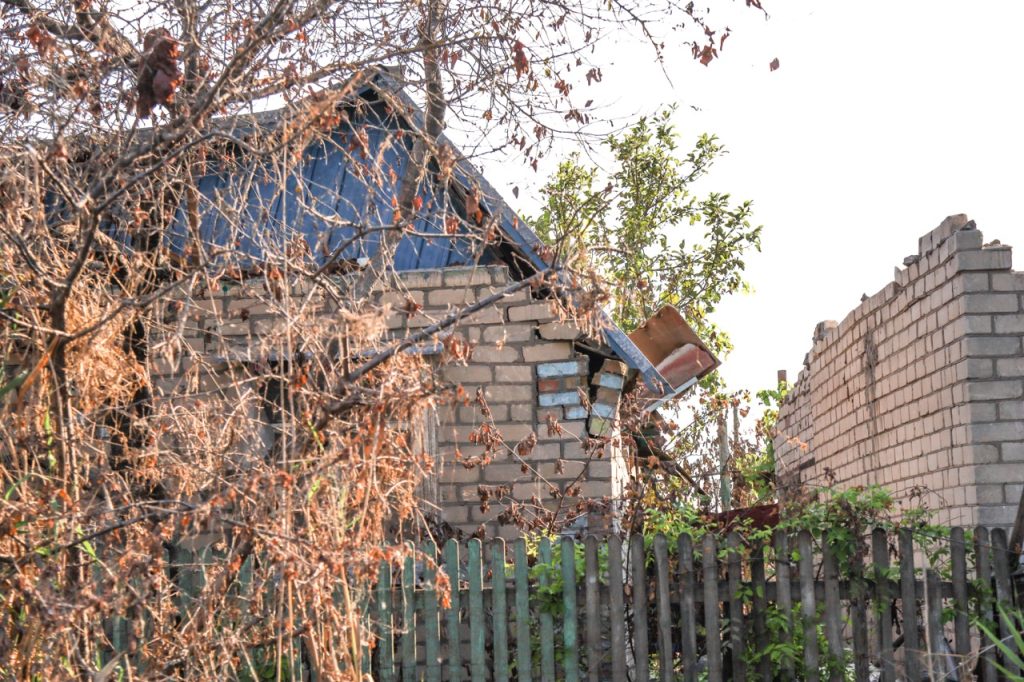
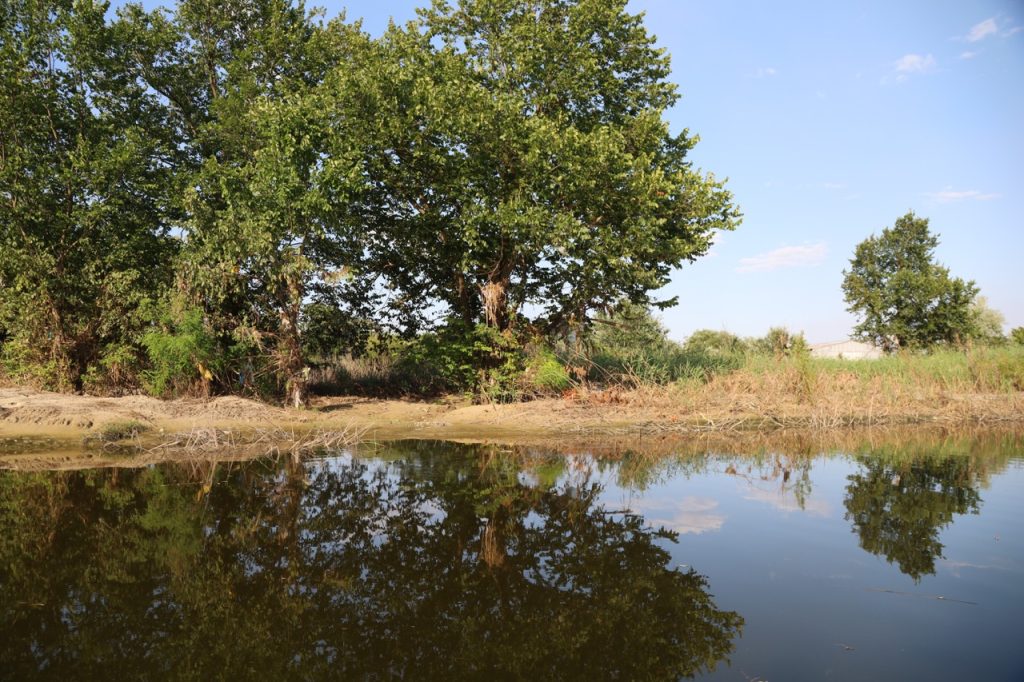
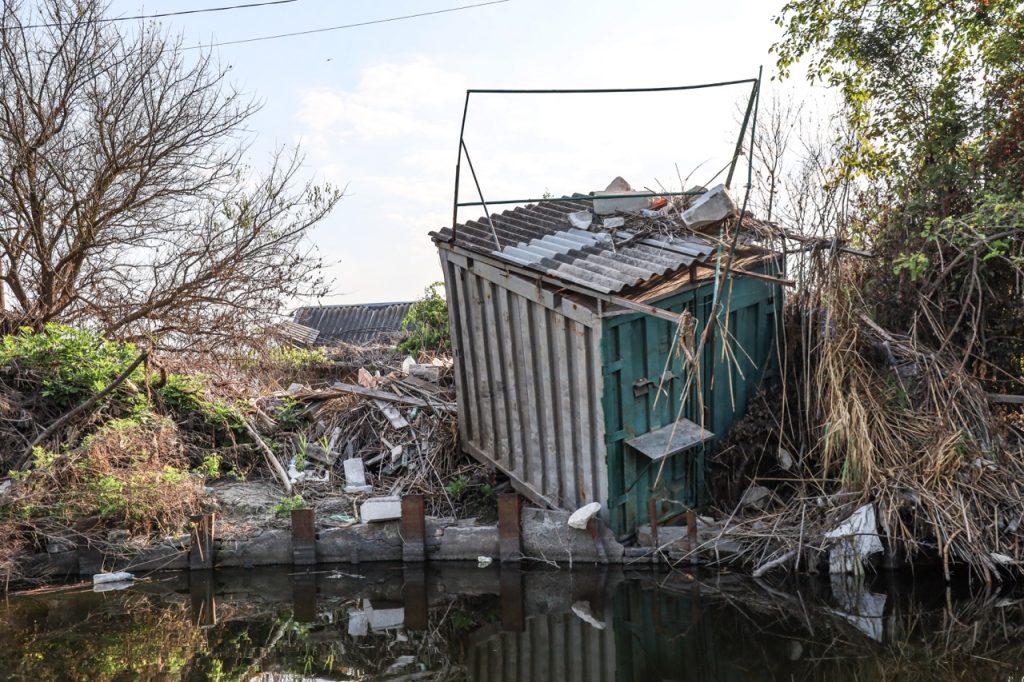
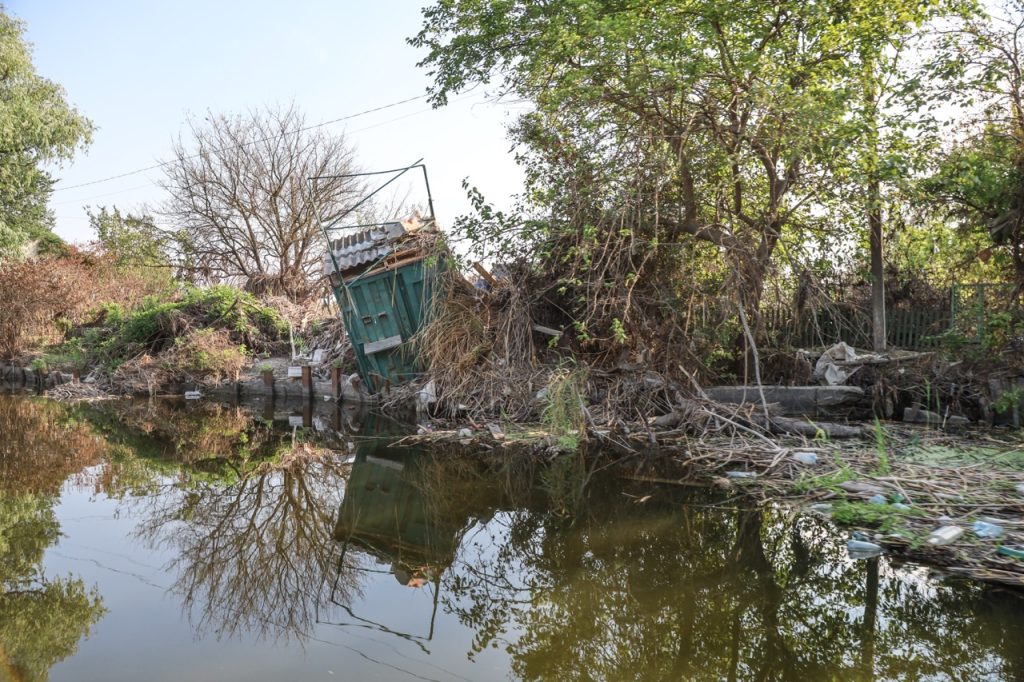
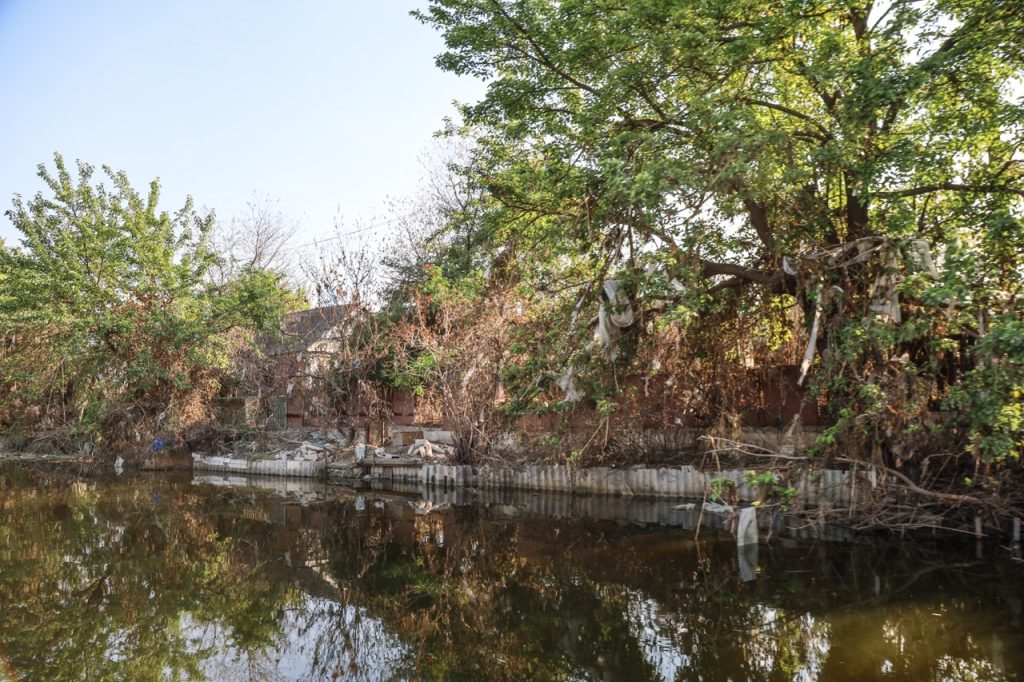
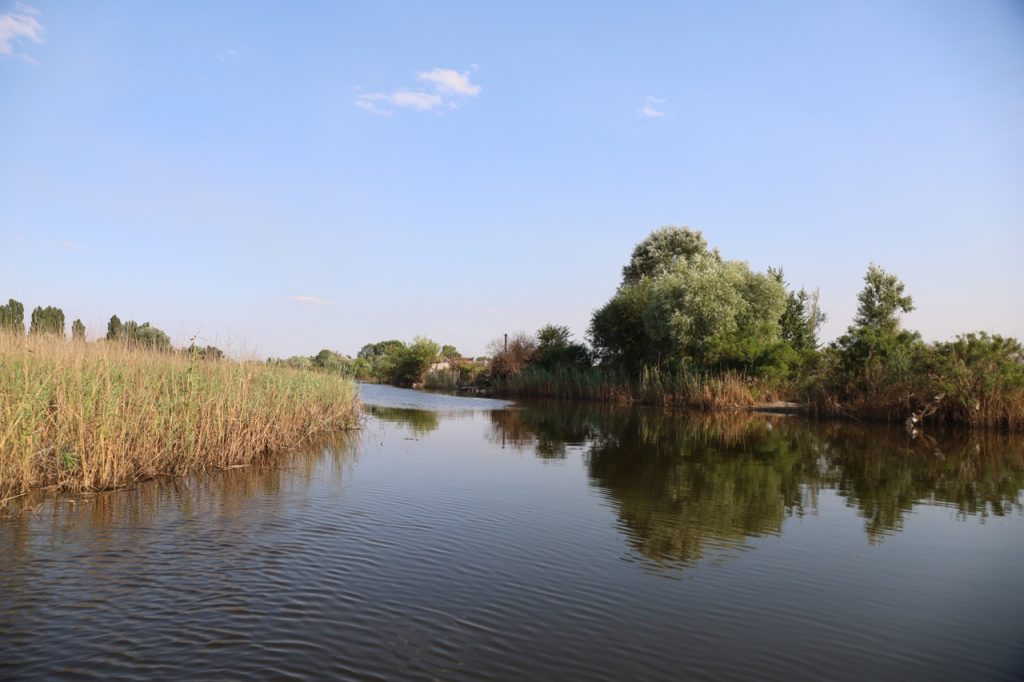
Someone’s boat washed away by the water is lying on the shore. The brothers have not yet found its owners.
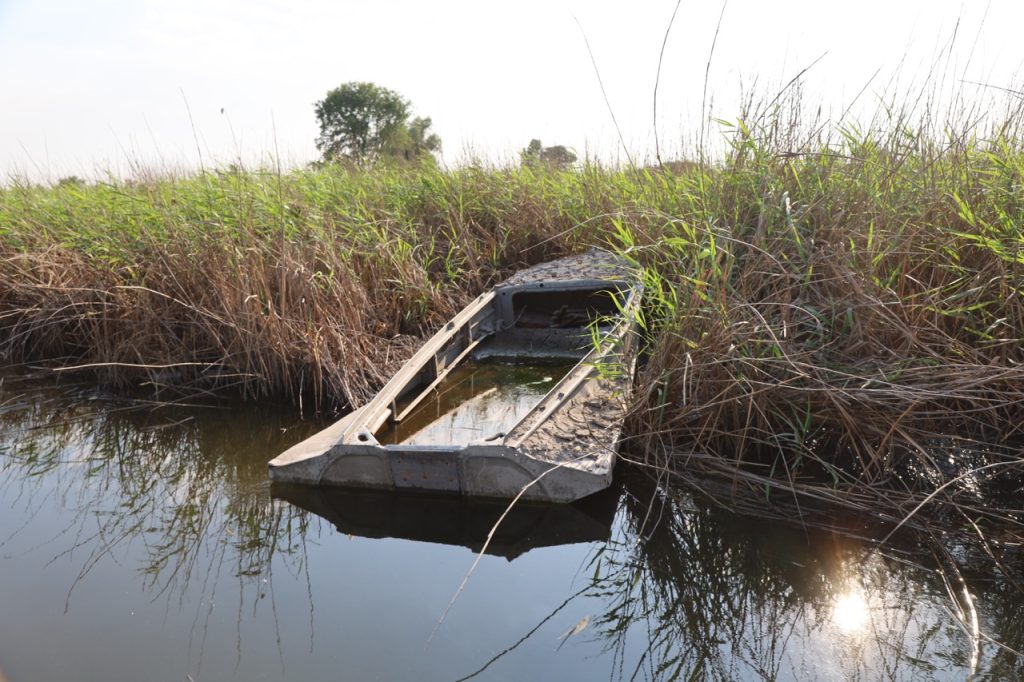
It is not possible to go by boat on Koshova right now, so as not to annoy the military, that’s why we are moving towards the Steblivsky estuary lake, and then to the Stary Ostrov area, where the volunteer brothers have wards to bring the food to.
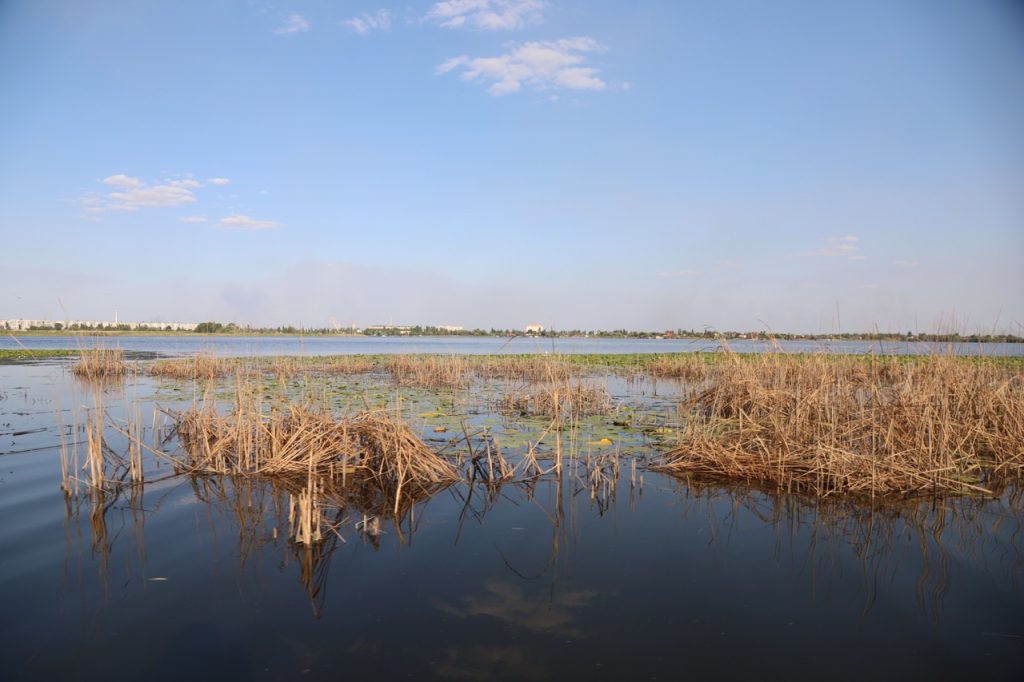
In a nook, at the entrance to the Steblivsky estuary, we see the first piles of garbage. There are garden houses, nets for PET bottles, and catamarans.
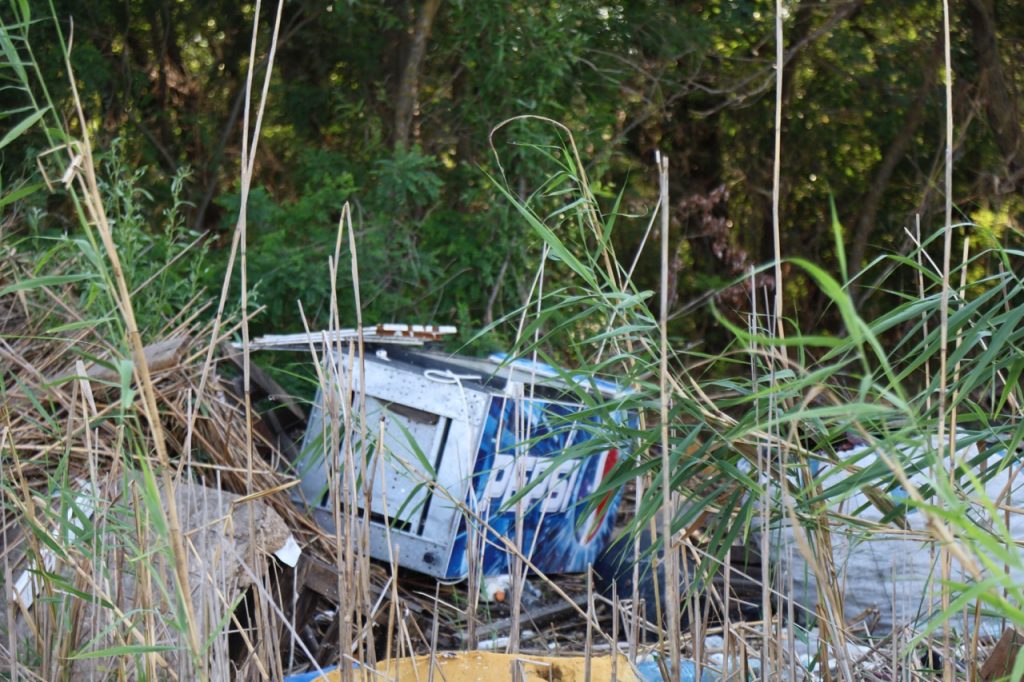

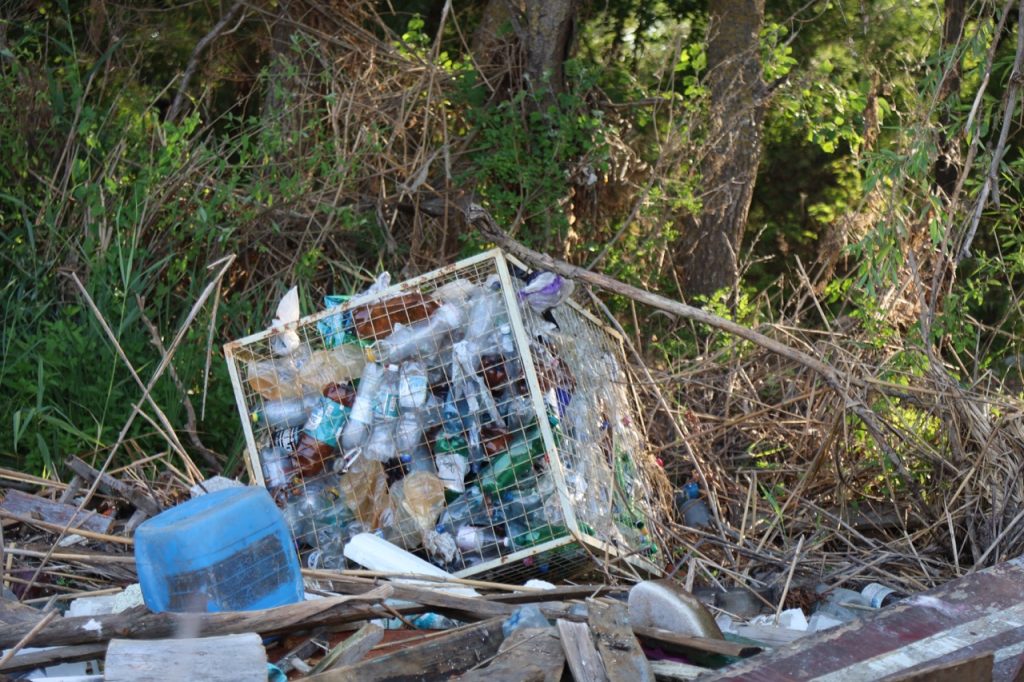
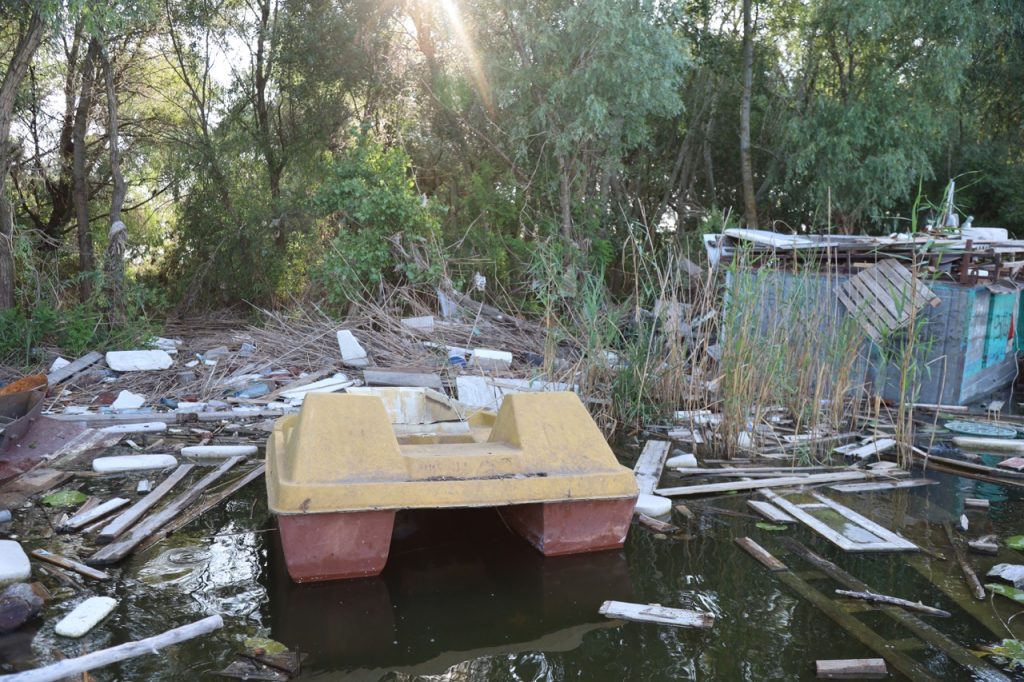
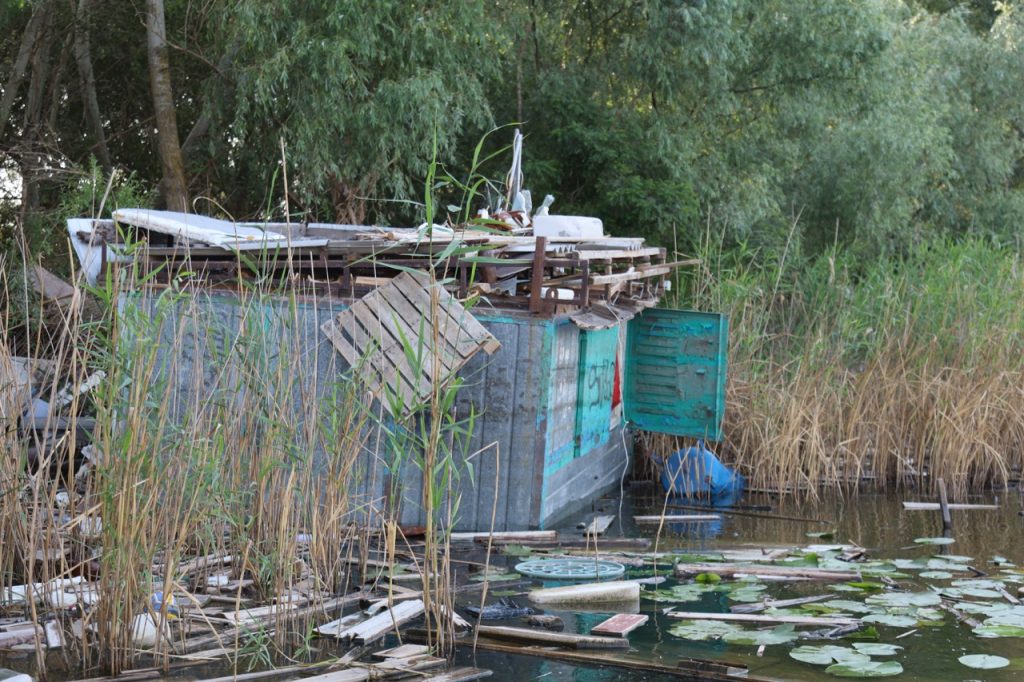
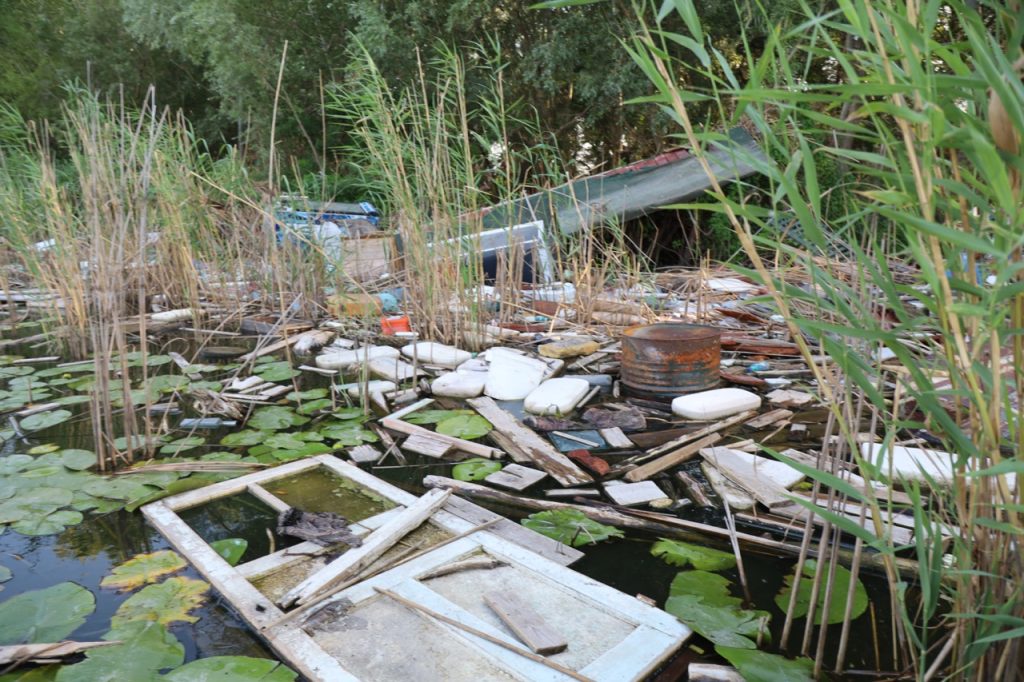
A little further on, someone’s wooden bathhouse was nailed to the undergrowth. The brothers publish such finds on their Facebook pages and Telegram channels, and many people have already recognized their property. Not only houses, but boats also.
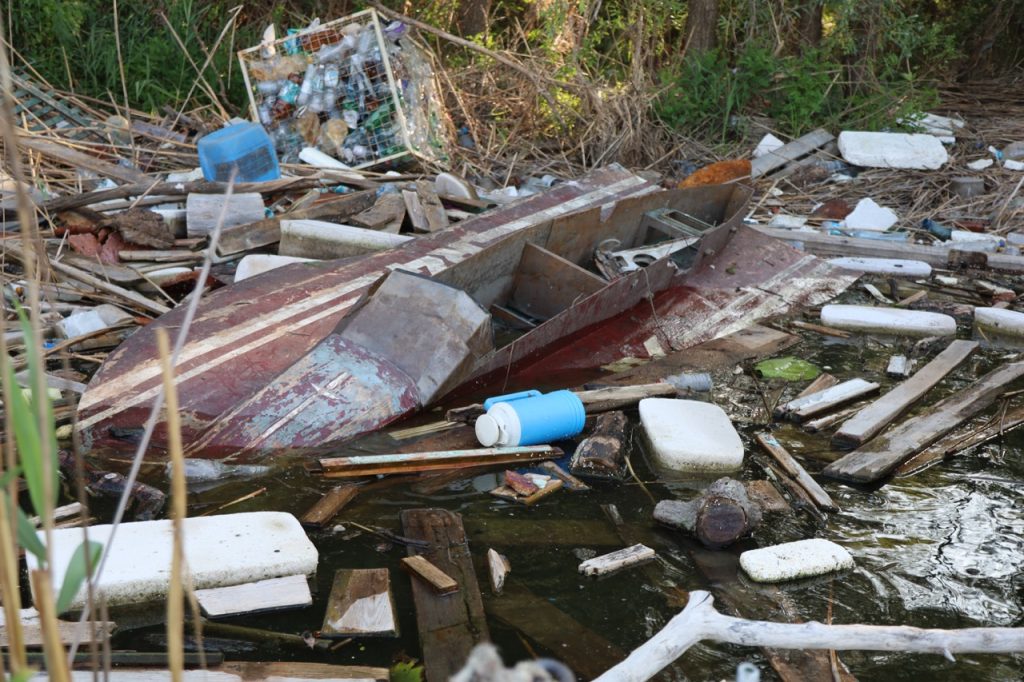
A strange boat, which they called “a sprint canoe”, until no one recognized it.
It is impossible to drive through the ditch, which is called “Erik” here and which separates the Old Island from Naftogawan – everything is covered with garbage.
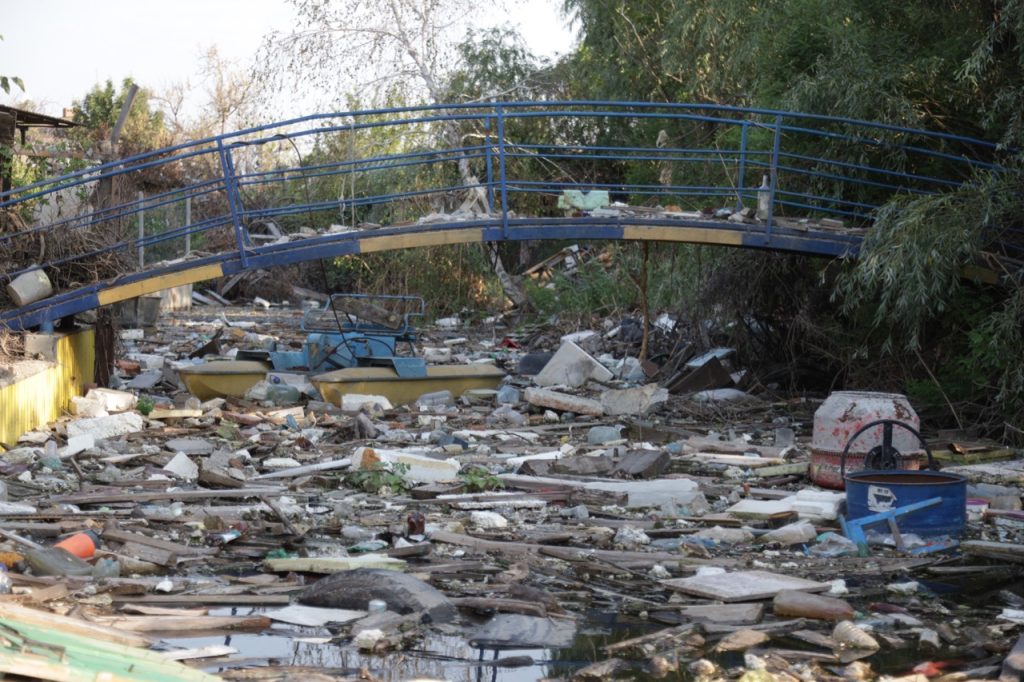
A man and a woman, who came out of the yard and are looking directly at “Erik”, recognize the brothers and thank them for their work – in one of their videos, the man recognized their boat on one of the piers. He says that many of his neighbors also saw what was left of their property thanks to the work of the brothers.
On the way to the yacht club of the shipyard, we see locals trying to dry their things that survived in the country house, which miraculously survived.
Yachts near the moorings were overwhelmed by the current, but not all of them were carried away. The boys say that most of the yachts survived.
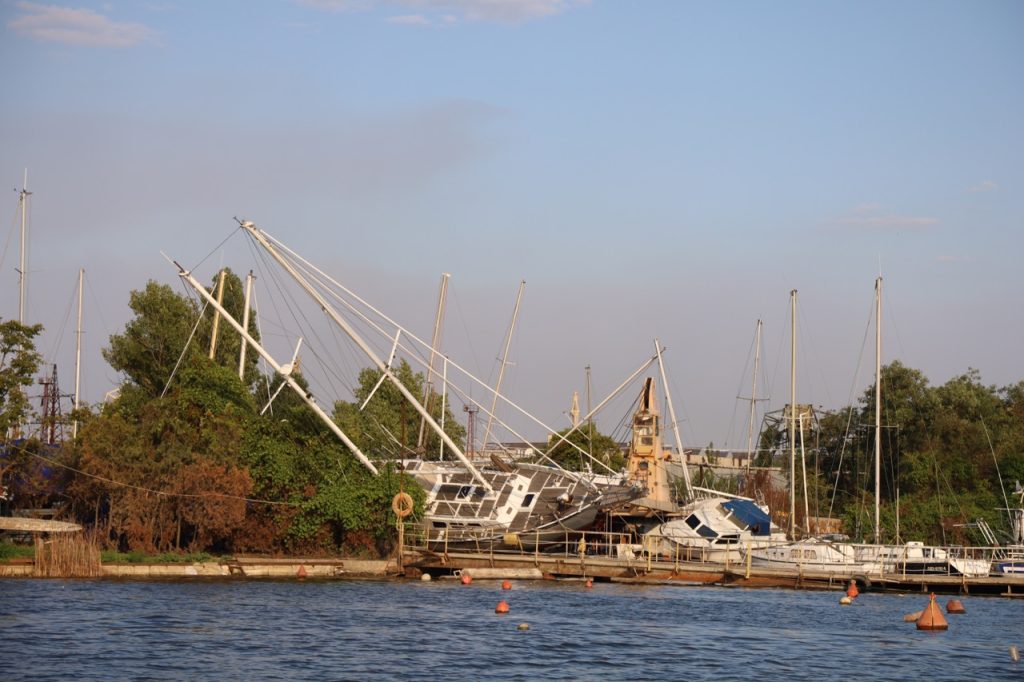
Mykola, fed by the Knyazhynsky brothers, lives nearby in a floating house. The first to meet us here are two dogs who, although barking, wag their tails – they know that food is being brought to them as well.
“There was an attack today, right there! We called the fire department,” says Mykola, pointing to the hangar where he was supposed to work at the time of shelling.
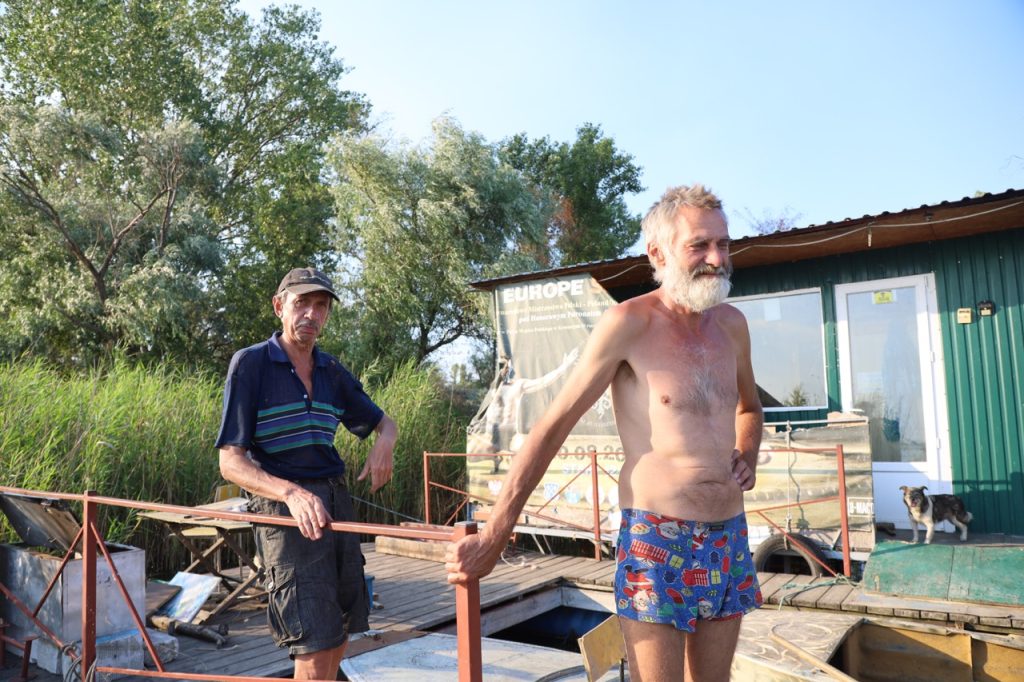
Mykola and his friend do not eat fish, but they have already started swimming in the river.
Russians attacked a man’s apartment in Tavriyskyi microdistrict, so he boarded up the windows and is currently living on water.
Before returning to the landing place, we stop at the boat pier on the Island. There was no strong current here, so the “places”, as the covered hangars with lifting mechanisms are called here, were not carried away and did not break, as happened on the nearby Koshova and the Dnipro.
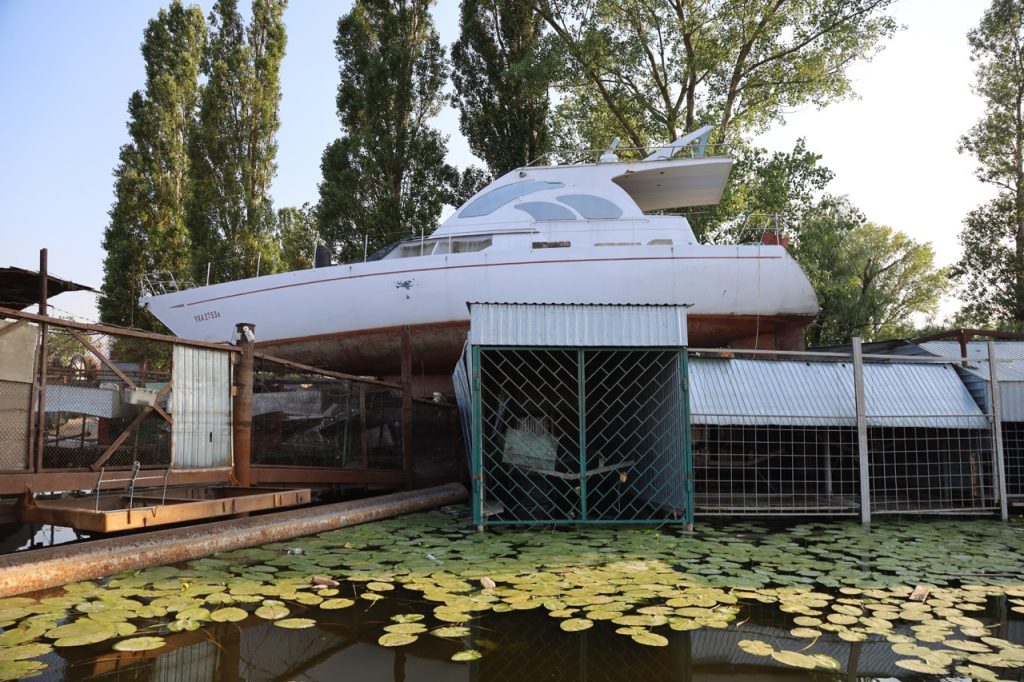
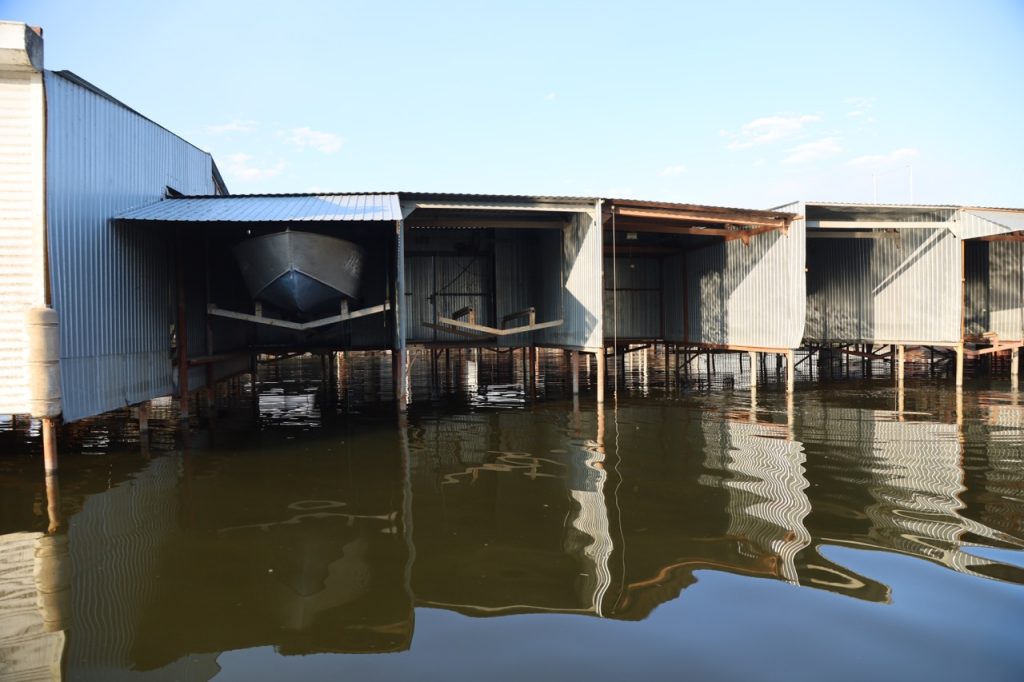
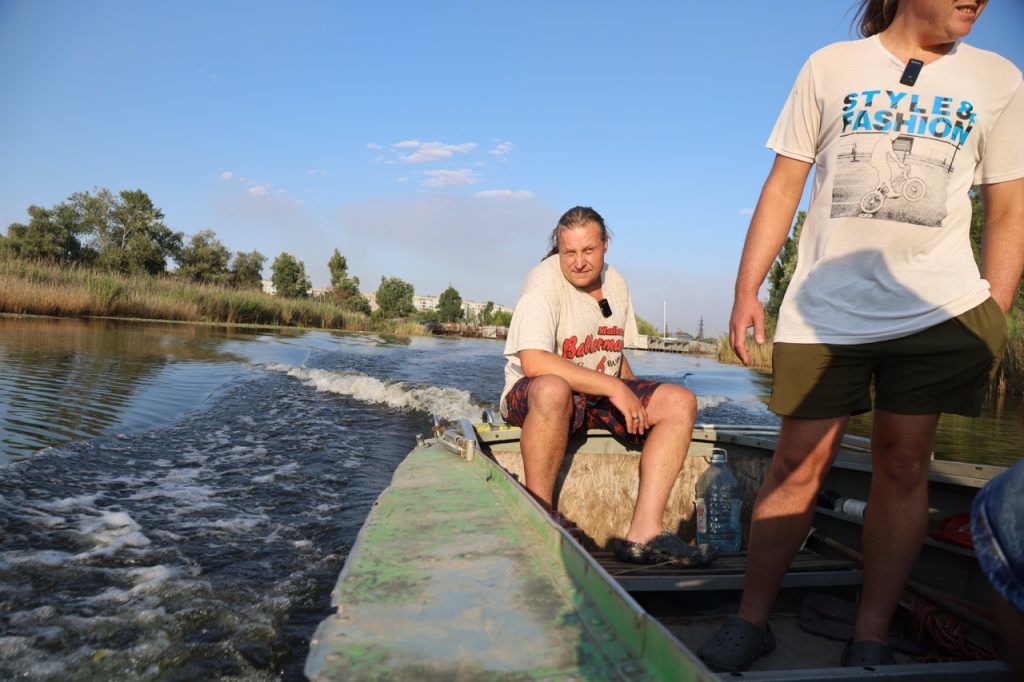
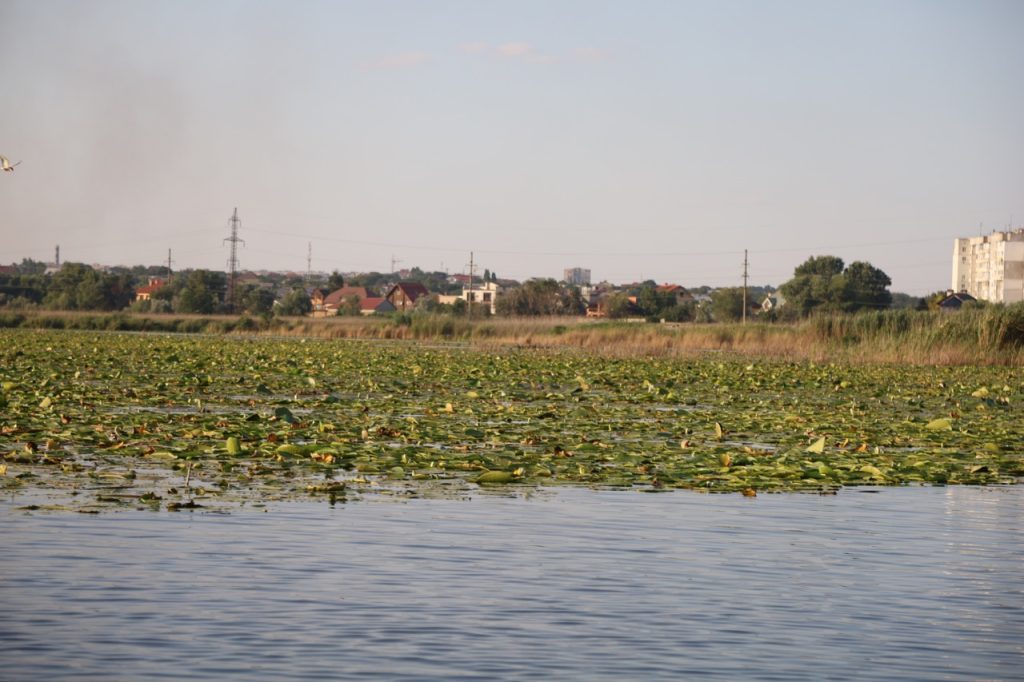
A yacht rose with the water level and landed on someone’s “place” is still standing. Only a powerful crane can remove it.
We sail past the island where Markovsky’s play, known in narrow circles, begins, and we discuss Yevgeny’s strange act. It is known that he left the city together with the Russians and works as a pioneer driver in Anapa. No one has accurate data on whether he cooperated with the Russians.
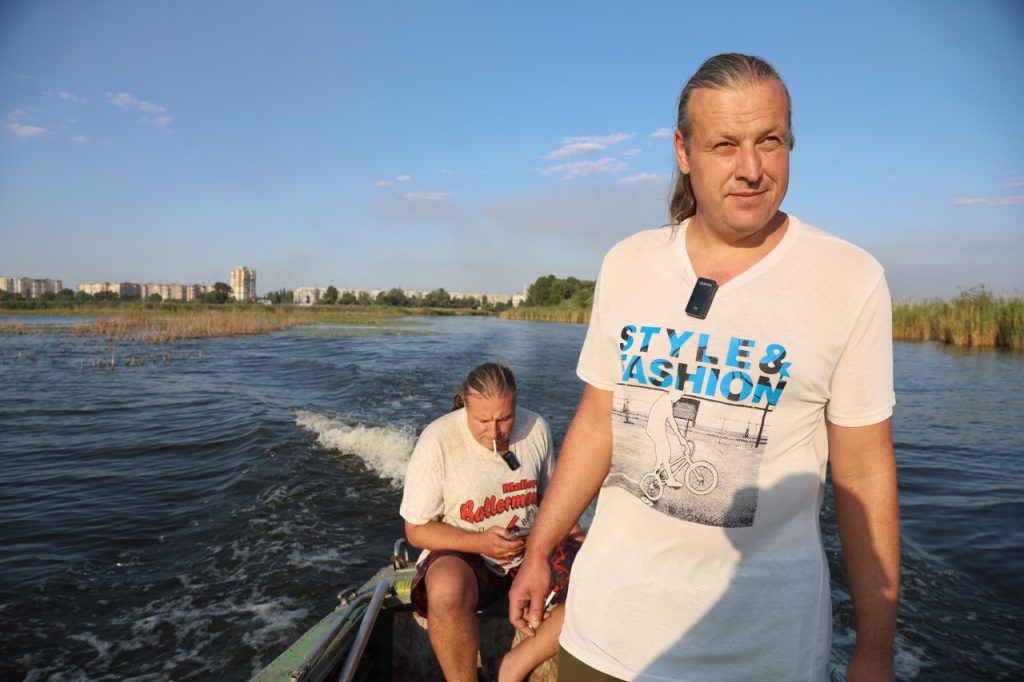
For some time, returning, we drive in silence, everyone in their own thoughts.
On the way back we see fires above the city and outside the city. The Russians are shelling Kherson and Darivka, receiving shells from the Armed Forces in response.
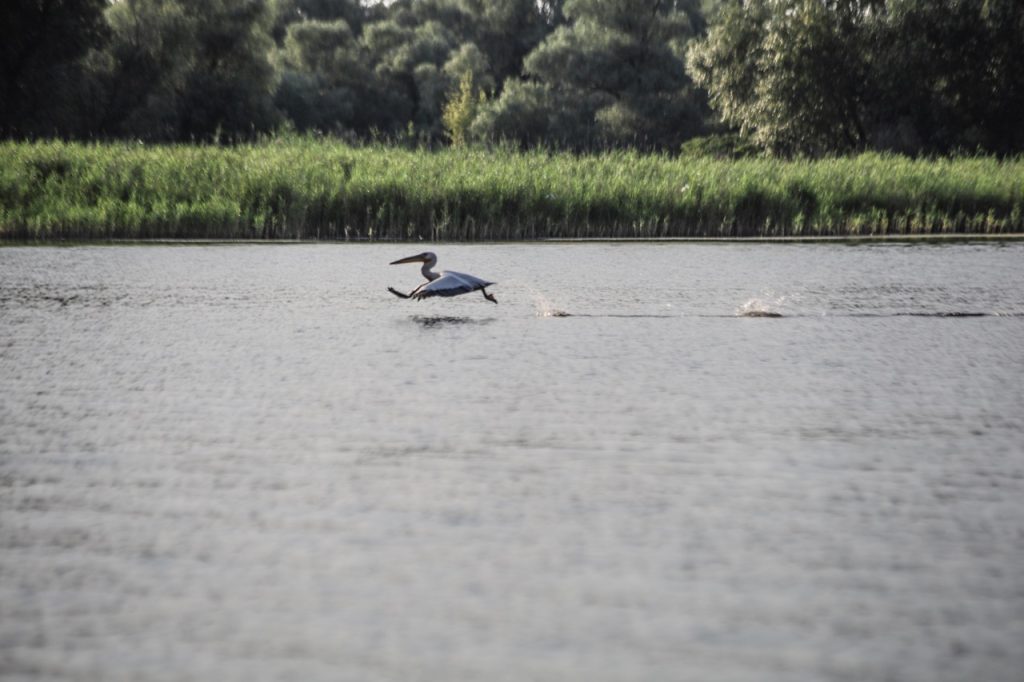
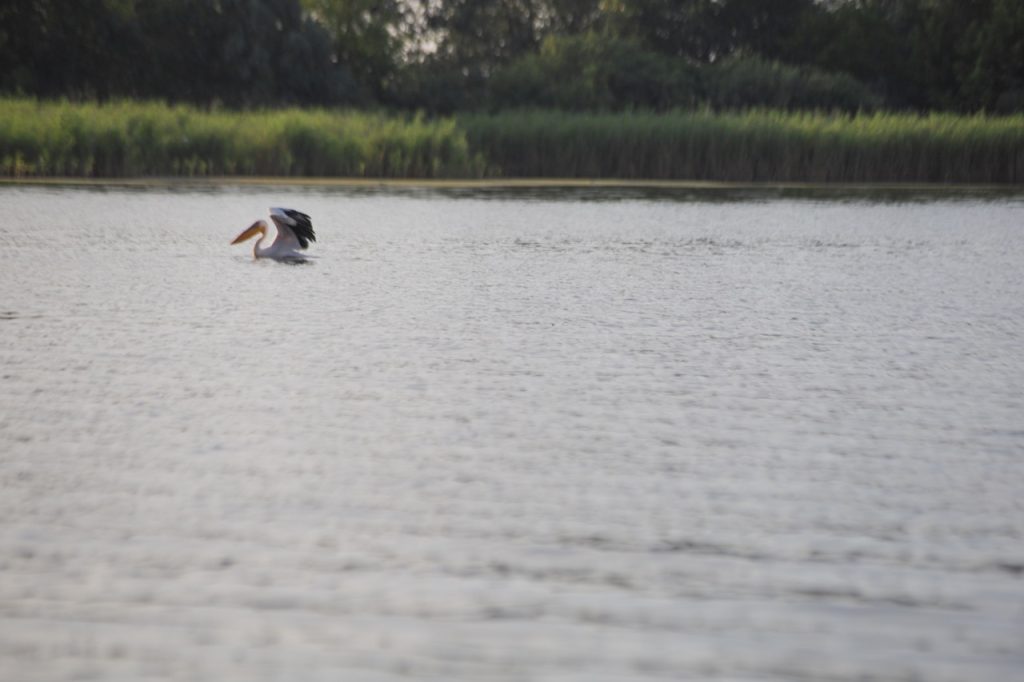
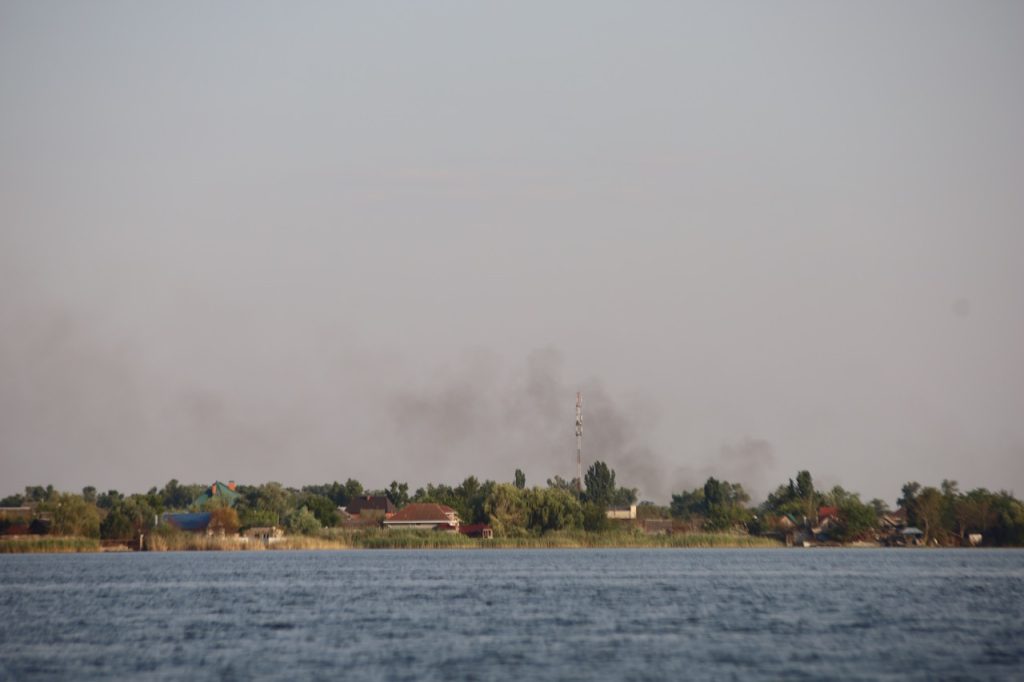
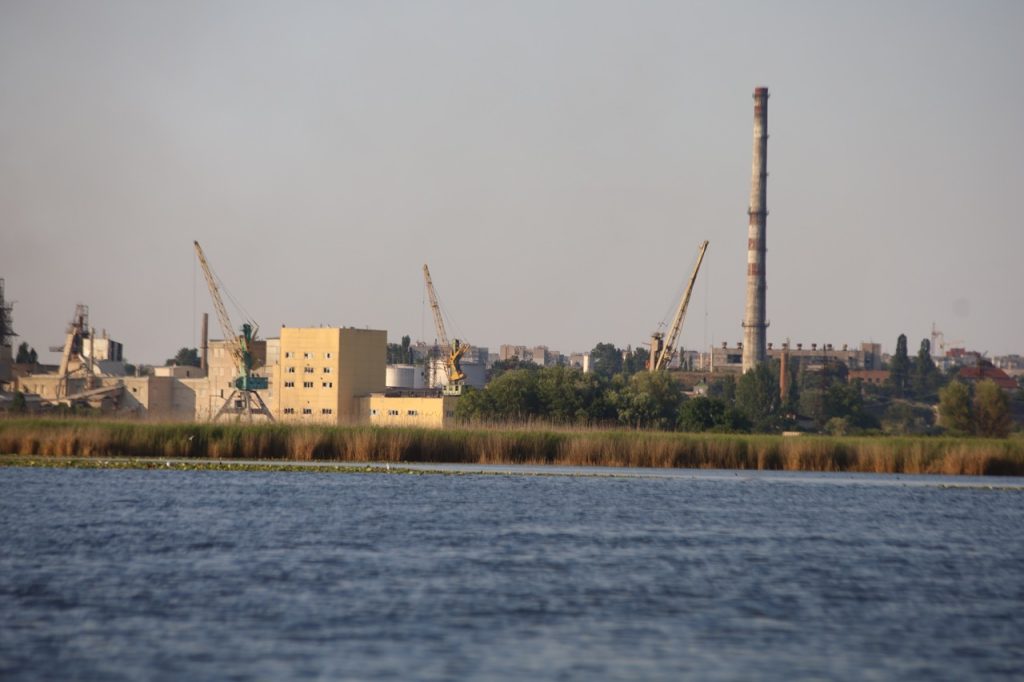
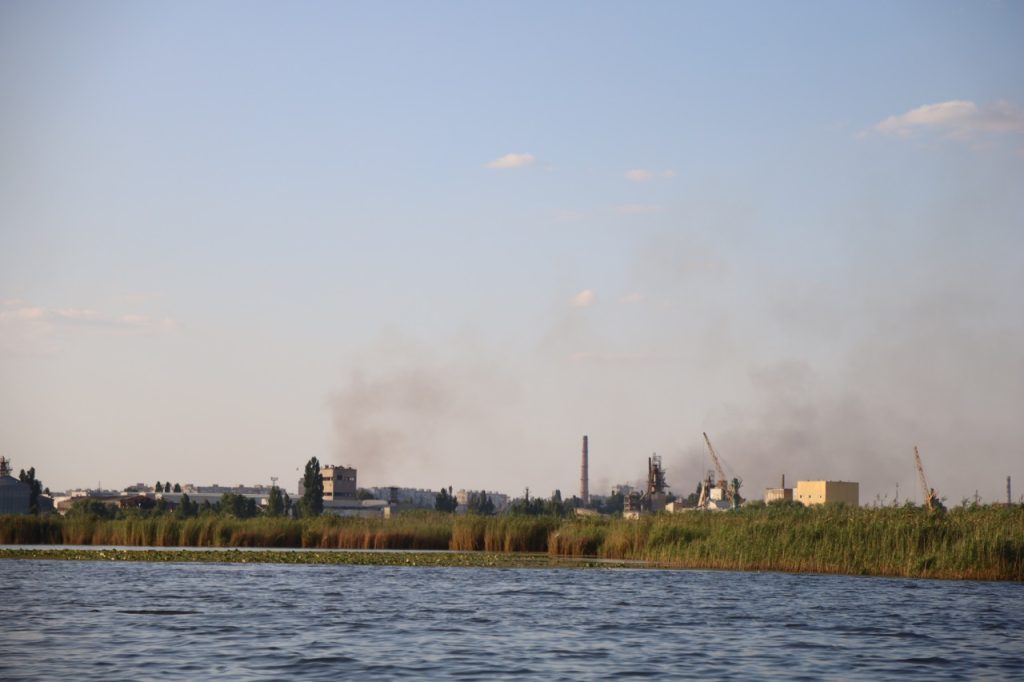
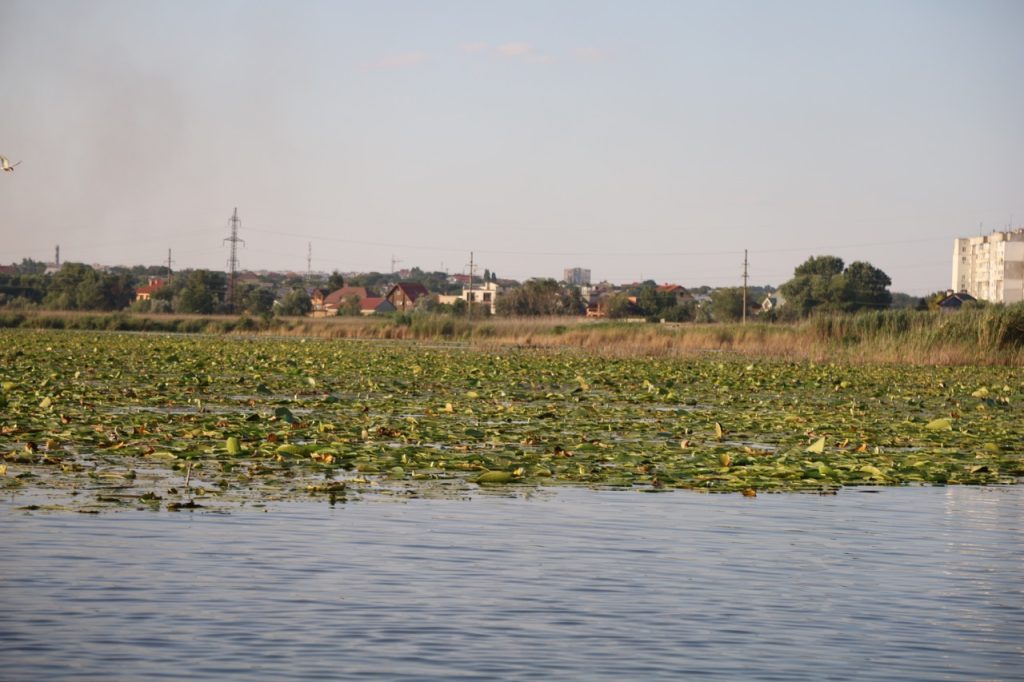
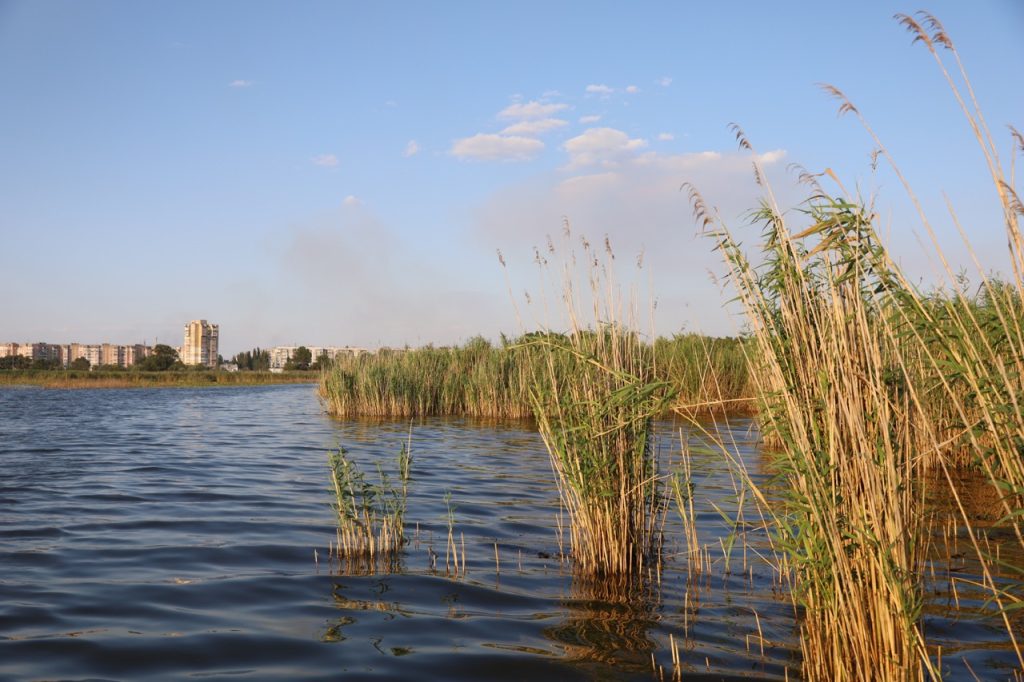
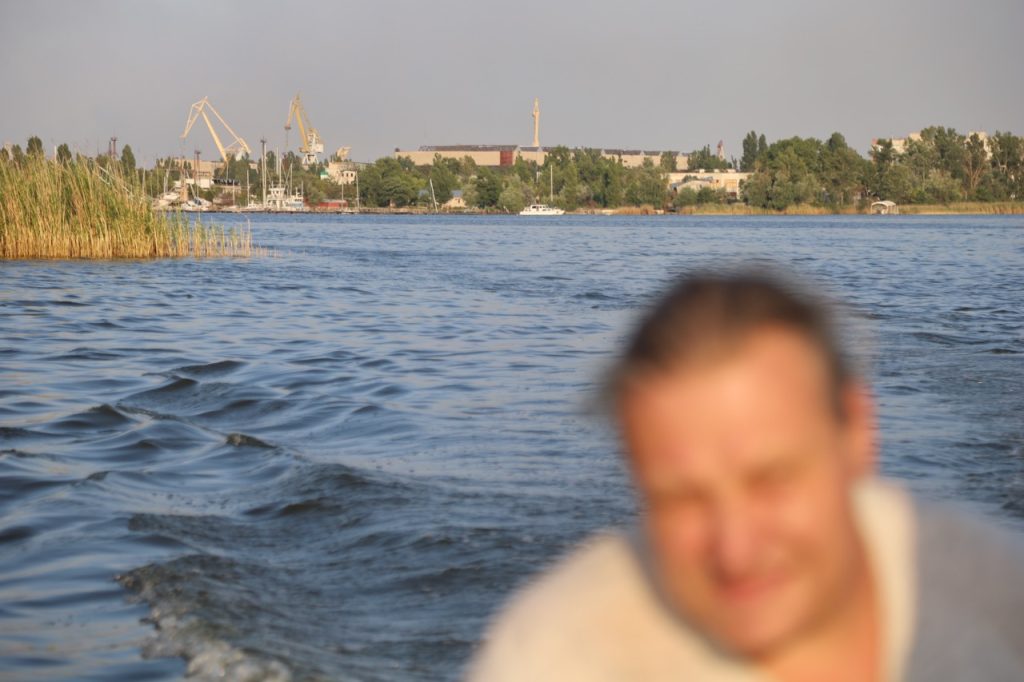
The sun sets over the evening Koshova and pelican circles. Not looking in the direction of the city, it seems that there is no war, and now we will get our fishing rods and start catching crucians. As we in our past pre-war life did.
Serhii Nikitenko


